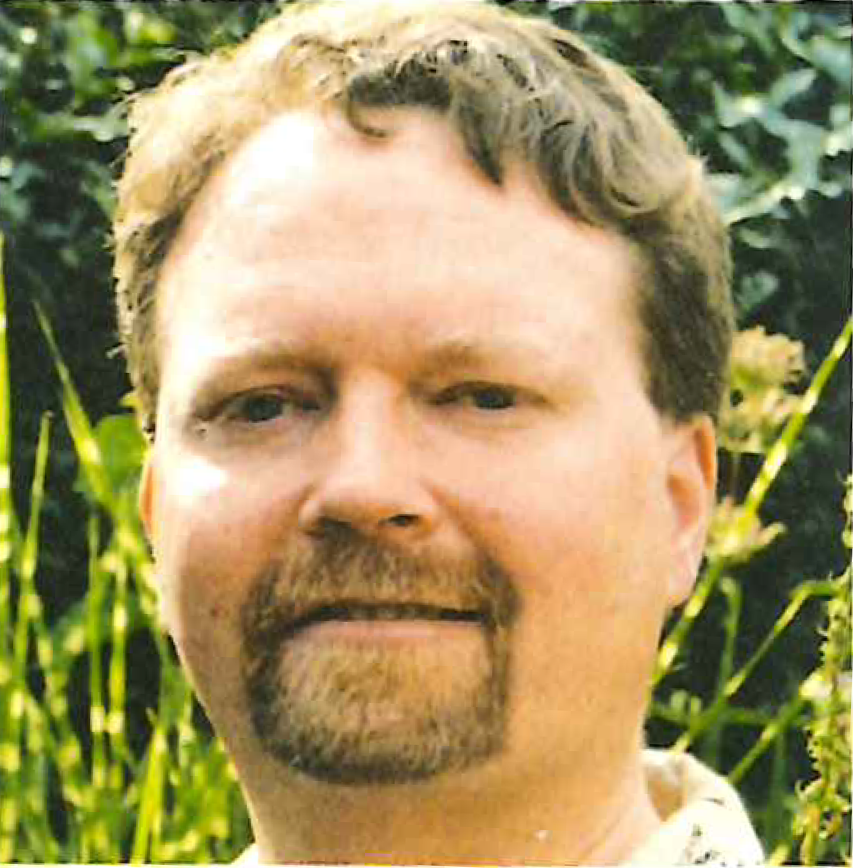
In order to more deeply understand meditation, Peter Grossenbacher analyzed findings regarding brain function during meditation, with the goal of identifying neurobiological patterns conducive to successful meditation, and providing practitioners—in consultation with neuroscientists and meditation teachers with efficient training and new techniques that elicit those patterns. He plans on piloting an ensuing program of research that will allow for testing these new methods that combine first-, second- and third-person perspectives.
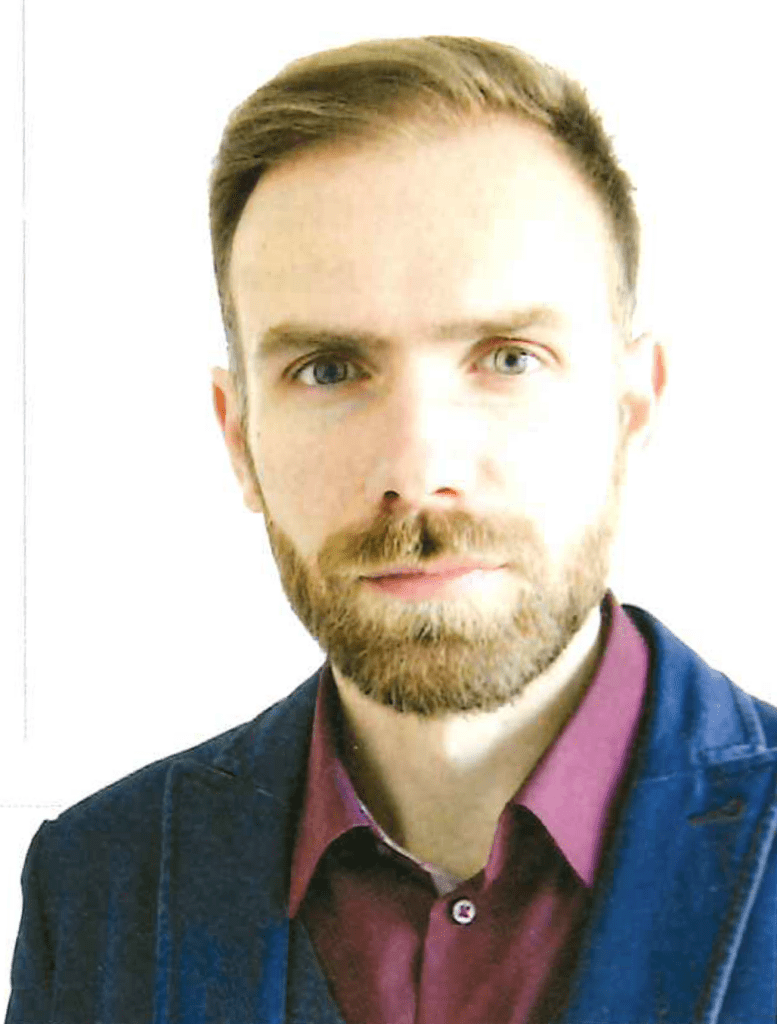
Terje Sparby developed a research proposal dealing with fundamental ontological, epistemological, and methodical issues concerning the interconnection of philosophy and meditative research. His initial ideas for this project were outlined at Mind & Life Europe’s Symposium in Berlin. Additionally, he worked on two articles, the first focusing on how the de-emphasis of self-centered consciousness can lead to deeper insights into the nature of consciousness, the self, and objects in the world; and a second that centers on the issue of how deep, meditative insight can be communicable and have an impact on the discursive mind.
Read Sparby’s article “Investigating the Depths of Consciousness Through Meditation” (2015) here: https://www.mindmatter.de/resources/pdf/sparbywww.pdf
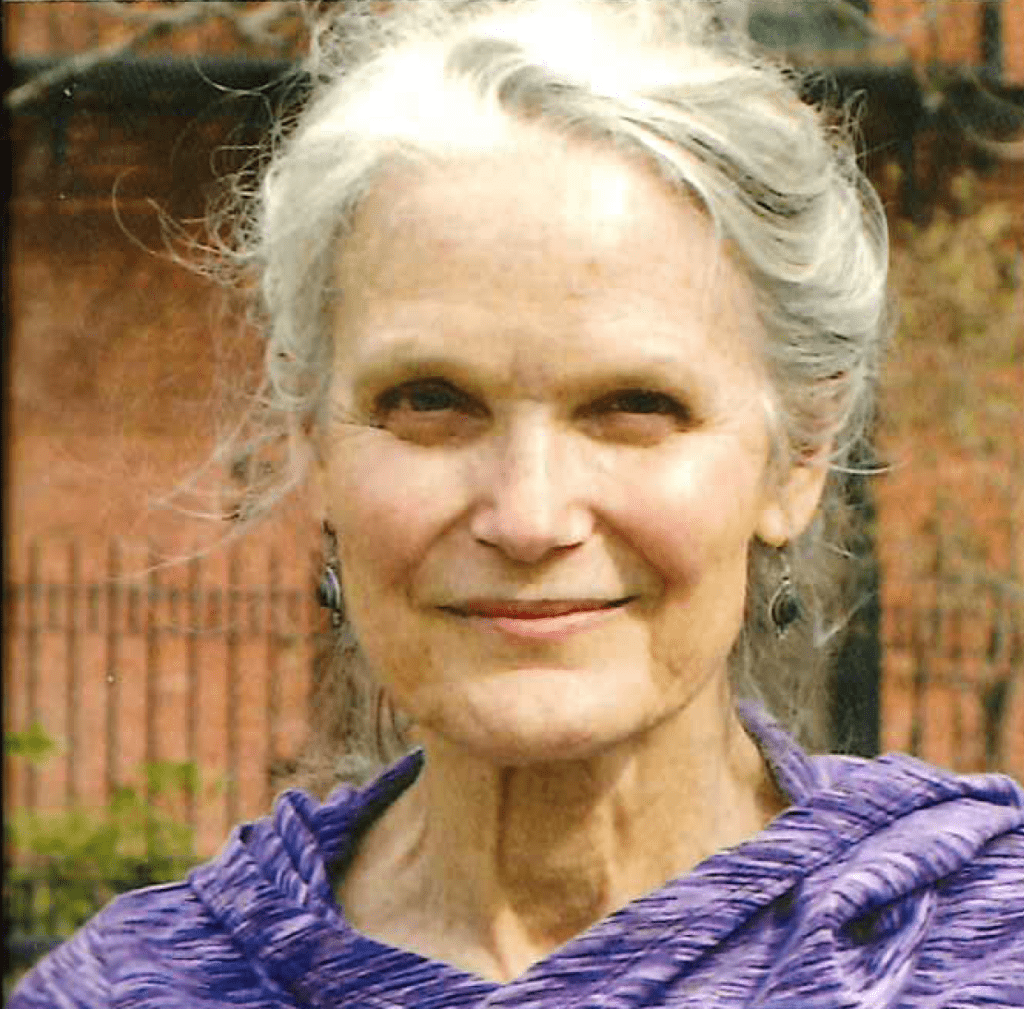
Dana Jack explored selflessness (anatta) as an essential core of the Buddha’s teaching on liberation from suffering. In particular, she focused on selflessness as it pertains to women, who, in striving to be “good” and loving, often follow a flawed understanding of selflessness that leads them to silence their voices in close relationships and experience a “loss of self” and despair. Through intensive dialogue and research with experienced meditators and non-meditators, Jack deepened the comparison of these two versions of self(lessness) and began to articulate assumptions underlying Buddhist and Western psychological perspectives on self sacrifice. Drawing from Buddhist teachings and practice, her aim is to show how a focus on selflessness may be transformed from promoting depression to fostering flourishing and social and relational change.
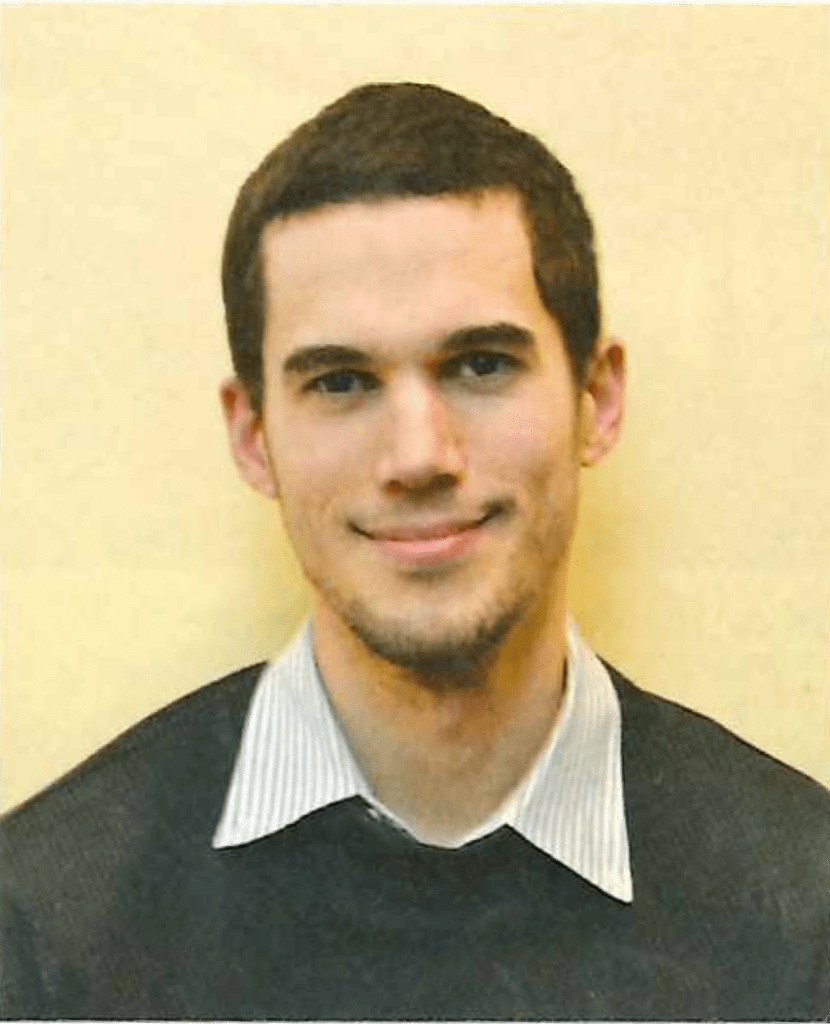
Chris Kaplan focused on two projects: a book manuscript, which examines how parallel developments in global forms of spirituality and activism are redirecting currently destructive trends in globalization toward more democratic, humane, and sustainable ends. The book examines the origins, underpinnings, and implications of interrelated global phenomena, from the proliferation of meditation in modern contexts and the explosion of grassroots social movements, to dramatic shifts in philosophical and scientific understandings of “interconnectedness.” His second project combines a cross-traditional contemplative methodology and pedagogy, based on overlapping understandings of contemplative development and “subtle physiology.”
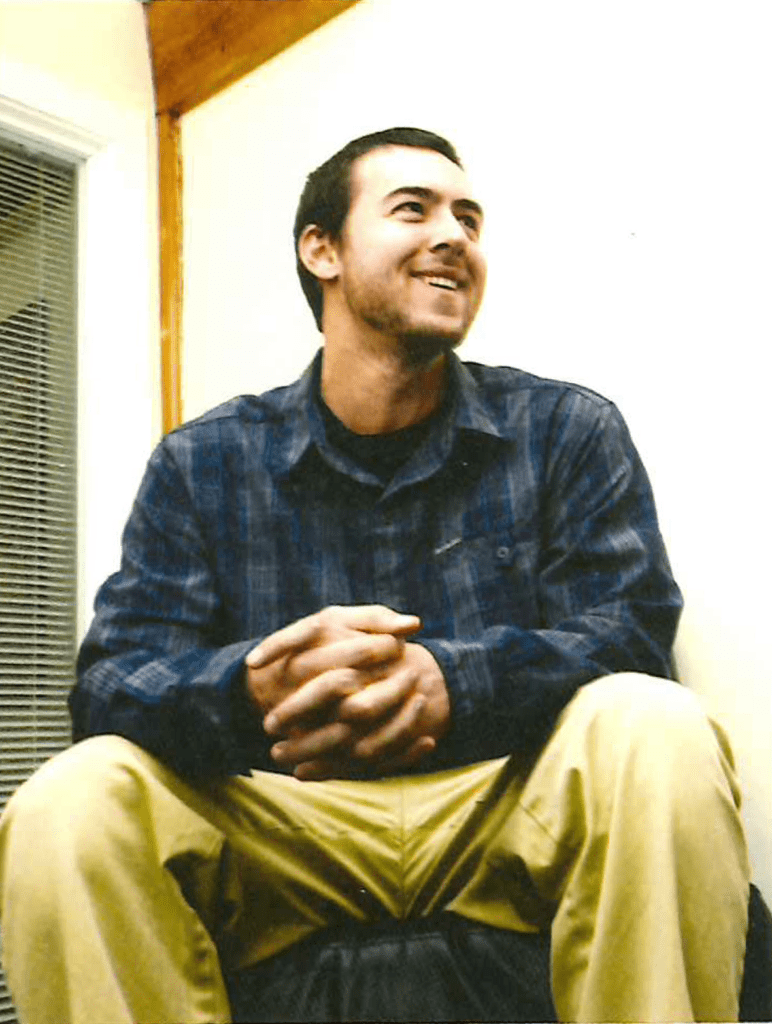
Nathan Fisher worked on two articles to be submitted to peer-reviewed journals. The first presents pilot data from “The Varieties of Contemplative Experience” project at Brown University. The second article emerges from data from a sociological study at Indiana University that investigates the diffusion of contemplative practices in the workplace and corporate cultures. The article considers widespread assumptions related to how contemplative practices are thought to enhance productivity and profitability.
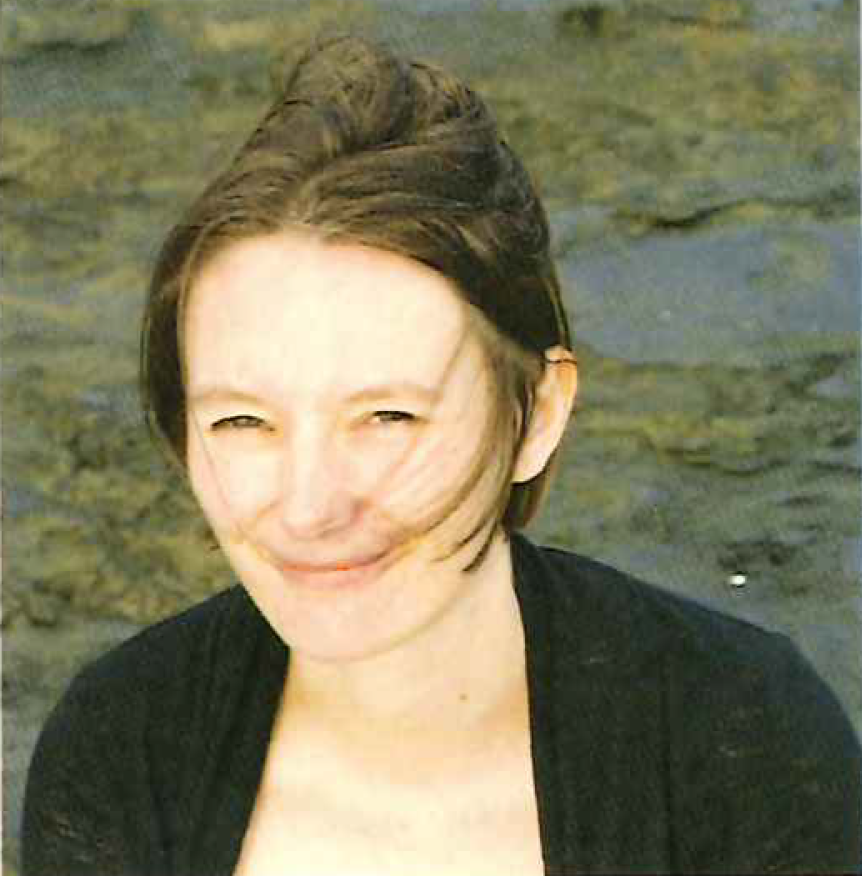
Heather Buttle fine-tuned her research on “mindfulness, morality, and meta-awareness,” which considers how mindfulness practice affects moral decision-making and awareness of our feelings and emotions. She plans to create a set of morality vignettes on which mindfulness practitioners and non-practitioners base decisions. Then, a number of variables will be measured: decision choice, reaction time, facial electromyography (to detect subtle changes in emotional expression over time), and psychophysiological measures of the sympathetic/ parasympathetic nervous systems. Other factors to be considered will include whether decisions made under time pressure differ to non-time pressured responses, and whether the decision context (e.g. eudaimonic versus hedonic contexts) alters response measures.

Paivi Ahonen analyzed the strategies of the Kingdom of Bhutan in developing education policies along with the national development strategy of Gross National Happiness (GNH). The GNH was developed in Bhutan in the 1970s as an attempt to define an indicator to measure quality of life or social progress in more holistic and psychological terms, as opposed to the purely economic indicator of Gross Domestic Product (GDP). During the last 10 to 20 years, GNH principles have been implemented in national development strategies of different sectors of society in Bhutan. The key research problem has been: How is Bhutan managing to combine the national sustainable GNH-based development strategies in the education sector? The ultimate aims of Ahonen’s research are to understand and support the global efforts to increase education for sustainable development, and to determine what the international community could learn from Bhutan’s policy and its implementation in the education sector.
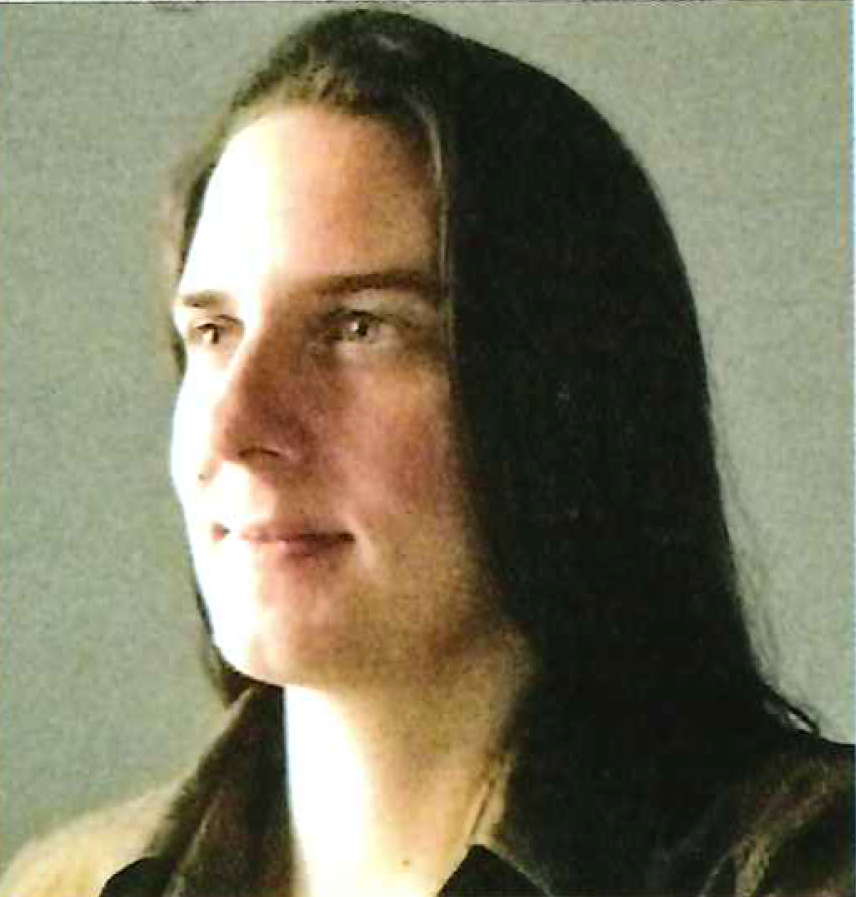
Poppy Schoenberg investigated three overarching questions: Does selfless experience during intensive mindfulness, and the pathological “loss of self” in germane psychiatric disorders, share a unified mechanism? Is the process of selflessness a prerequisite for compassion, and can such abstractions be illuminated at the neural level? And, finally, what is the (micro-individual and macro societal) “worth” of the concept of compassion and its cultivation toward humanistic progress? These explorations aim to contribute to the neurophysiological phenomenological debate, producing insights that may foster the development of more fruitful interventions for psychiatric conditions centrally characterized by disrupted self-concept and dissociation.

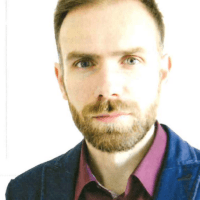
Terje Sparby
Bender Institute of Neuroimaging, Justus Liebig University Giessen
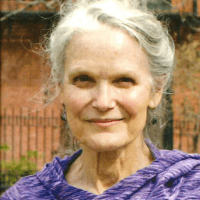
Dana Jack
Western Washington University

Chris Kaplan, M.A.
Canticle Farm
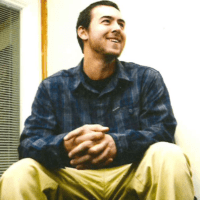
Nathan Fisher
University of California, Santa Barbara

